- Learning time
- 5 minutes
- First play time
- 60 minutes
Dorf Romantik
Designed by: Lukas Zach,Michael Palm
Based on the popular video game, Dorf Romantik asks the players work together to score as many points as possible – simply by laying tiles to create an ever-growing landscape.
Each tile has one or more of various landscape types on it: forest, wheat, villages, river, and railways. The backs of the tiles are separated at the start into standard tiles and task tiles: each task gives you an objective related to how the tiles connect. They’re very simple: create five connected railway tiles, or six connected forest tiles. As soon as a task is completed, a new task tile is drawn and added to the ever-expanding world of tiles before you.
As well as the tasks there are also three flag tiles (village/forest/wheat) that will score for the matching area they are connected to, as long as that area is complete: an area is complete when there are no ‘exposed’ tile edges that could make it bigger.
Play continues until all standard tiles have been placed, and then you score for your completed tasks and flags. There is no losing in Dorf Romantik: just winning, or winning better. The game has a legacy aspect to it: after a number of plays there are new boxes to open and additional components and challenges to mix into the game you started. As you meet objectives the game slowly introduces a few extra concepts like special tiles that score differently, and other things we we won’t spoil for you here.
The guru's verdict
-
Take That!
Take That!
None
-
Fidget Factor!
Fidget Factor!
Very little, because although there are turns players are encouraged to discuss the best possible choices with each other
-
Brain Burn!
Brain Burn!
Pretty simple: what's the best place for this tile. The extra boxes do add a little more complexity, but not to the point where the vibe of the game changes significantly: with every small addition, players will already be acclimitized to everything else so it's not too onerous adding one rule at a time.
-
Again Again!
Again Again!
Although the legacy can be completed, Dorf Romantik can be started over or simply played again and again with all boxes opened and integrated.

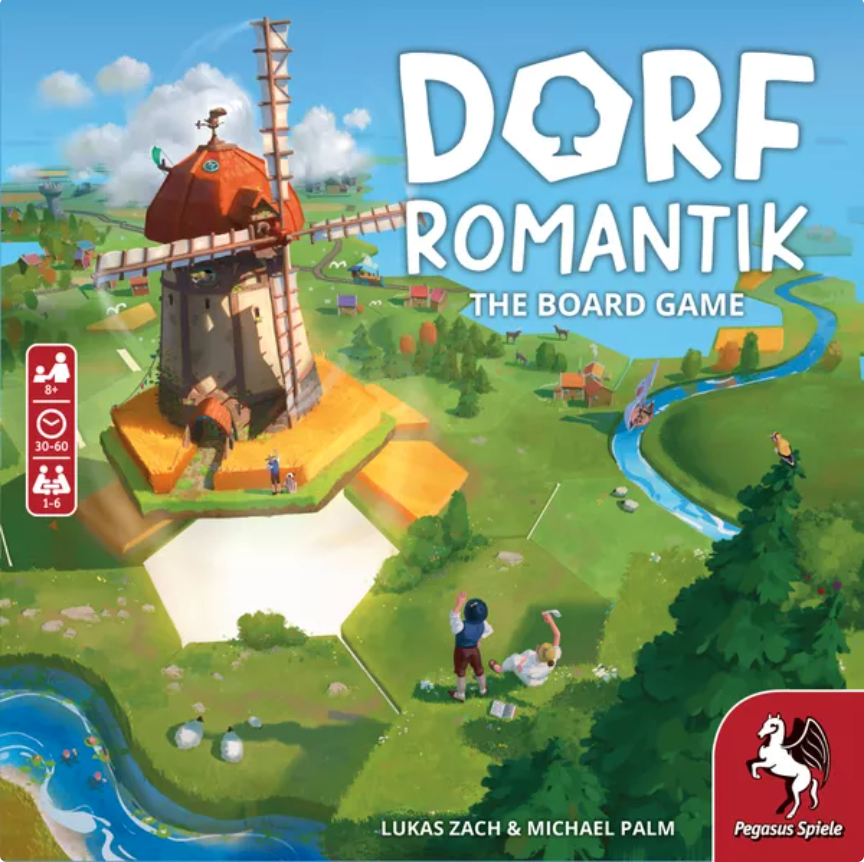
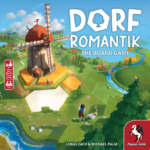
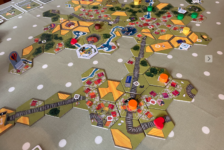
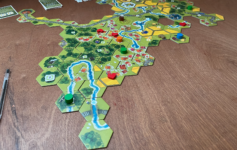
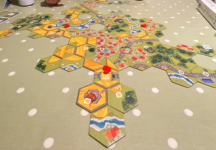
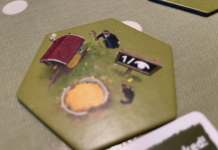


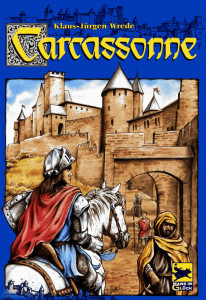
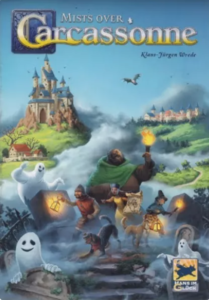
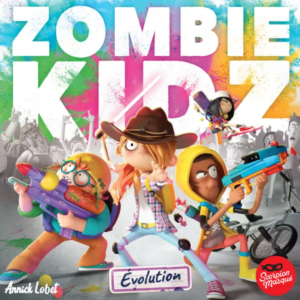
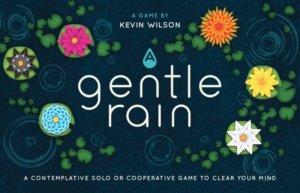
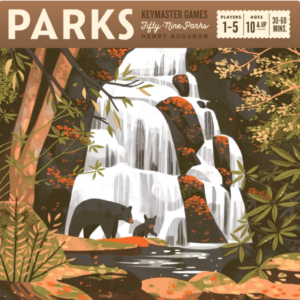
Sam says
I didn't anticipate liking Dorf Romantika as much as I do. While some have complained that the game lacks dynamism, interaction, drama, laughs - all true - there is also something rather gently engaging about building something together, and I've enjoyed it particularly with two players. I'm not convinced it's at its best with more: five or six would feel too many. Games at their best means different things to different people, and those who don't find much to enjoy in combat, luck, or resource management may discover in Dorf Romantik a comparatively joyous, relaxing idyll, that encourages conversation as much as thought. Too simple for you? Fear not. As the boxes get explored the various objectives to juggle with mount up, without ever reaching rules overload, to make the puzzle more challenging.